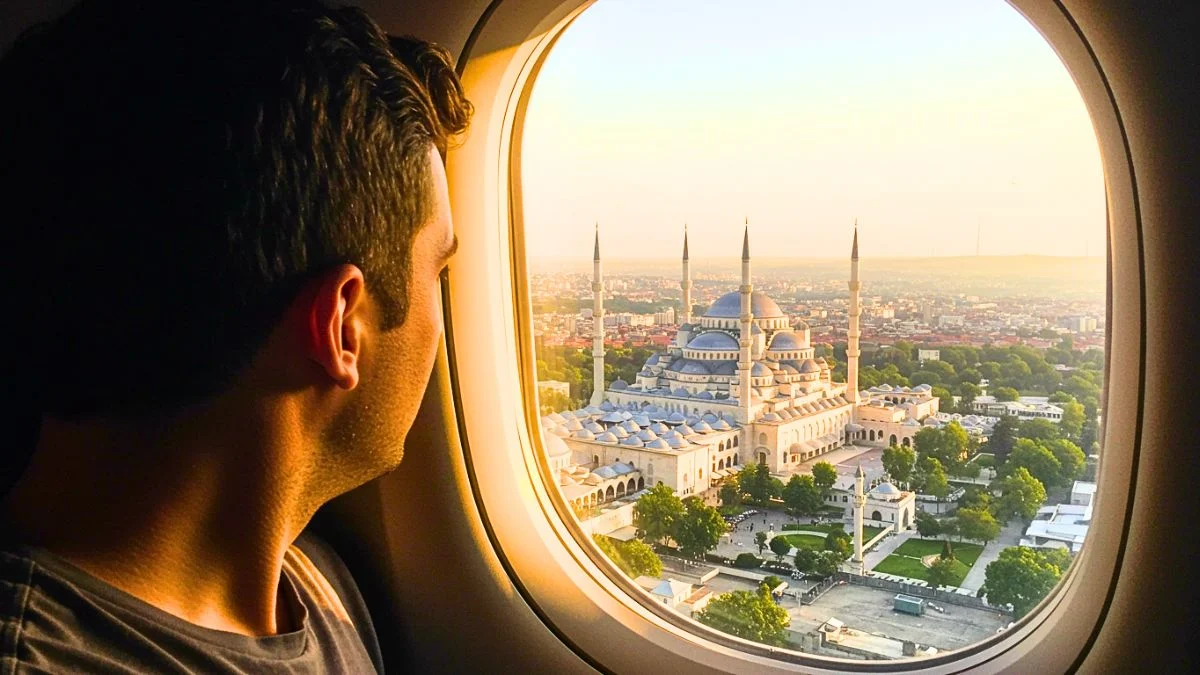2 Fasting Acts to Avoid Before Ramadan, According to Prophet Muhammad (PBUH)

Many Muslims prepare their self for ramadan and they do not know what acts should not do before ramadan. Two fasting acts prophet Muhammad pbuh forbidden? Did you know? if No, then this article is for you and we tell you with reasons.
Many Muslims unknowingly engage in these practices, thinking they are beneficial but the reality is go against the Prophet’s guidance.
So, let’s explore the two acts you must avoid before Ramadan and understand why the Prophet (PBUH) discouraged them.
1. Fasting After the 15th of Sha’ban (Unless You Have a Habit of Fasting)
Sha’ban, the month before Ramadan, is a time of preparation and extra worship. Prophet Muhammad (PBUH) did fasting in complete shaban. However, he also warned against fasting after the 15th of Sha’ban unless you have an existing habit of voluntary fasting.
The Prophet (PBUH) said:
“When Sha’ban reaches halfway, do not fast until Ramadan begins.” (Tirmidhi, 738)
This means that if you weren’t regularly fasting before the 15th of Sha’ban, you should stop voluntary fasts after this point and wait for Ramadan. The reason? Islam promotes balance and ease in worship. Suddenly starting to fast after the 15th of Sha’ban can exhaust a person right before Ramadan, making it harder to fully engage in the holy month.
What If You Have a Regular Fasting Habit?
There’s an important exception to this rule! If you have a consistent habit of fasting, such as:
- Fasting on Mondays and Thursdays (as per the Sunnah)
- Fasting on the White Days (13th, 14th, and 15th of every Islamic month)
- Making up missed fasts (Qadha)
- Other Volnatry Fasting
Then you are allowed to continue fasting after the 15th of Sha’ban. The restriction only applies to those who were not fasting regularly before this date.
Why Should You Avoid Fasting After the 15th of Sha’ban?
- To avoid exhausting yourself before Ramadan.
- To follow the Sunnah and maintain balance in worship.
- To ensure a fresh and strong start to Ramadan.
If you weren’t fasting before the 15th of Sha’ban, take this time to prepare spiritually and mentally rather than exhausting yourself with last-minute fasts.
2. Fasting One or Two Days Before Ramadan Begins
Another common mistake people make is fasting a day or two right before Ramadan starts, thinking it will help them “warm up” for the month. However, the Prophet (PBUH) strictly warned against this.
He PBUH said:
“Do not fast a day or two before Ramadan, unless it is a fast that one regularly observes.” (Bukhari & Muslim)
This means that fasting on the 29th or 30th of Sha’ban (just before Ramadan) is not allowed unless it is part of your regular fasting routine (such as Monday-Thursday fasting or making up missed fasts).
Why Did the Prophet (PBUH) Discourage This?
- To clearly separate Sha’ban from Ramadan.
- To prevent unnecessary hardship right before the month of fasting begins.
- To avoid confusion about when Ramadan officially starts.
Think of it this way: Ramadan is already intense, and we should enter it with full energy and focus. By skipping fasting a day or two before Ramadan, you give yourself a moment to rest, reflect, and prepare for the month ahead.
What Should You Do Instead?
Now you know what not to do, let’s talk about what we should do to prepare ourselves in Shaban, here:
- Increase Worship – Pray extra nafl (Tahajjud), read the Quran, and make dua for all.
- Seek Forgiveness – Ask Allah for mercy and clear your heart before entering Ramadan.
- Adjust Your Routine – Start waking up for Suhoor and managing meal times early.
- Plan Your Ramadan Goals – Decide how you want to improve spiritually, whether it’s through extra prayers, Quran recitation, or charity.
- Give Sadaqah (Charity) – Start the month with a generous heart by helping those in need.
Final Thoughts
To conclude above, we say that worship is very easy in Islam, and our beloved prophet Muhammad pbuh always emphasized moderation, wisdom, and ease in worship.
Muslims should avoid doing these things before Ramadan if they are not already fasting.
Are you ready to welcome Ramadan the way our beloved Prophet (PBUH) taught us? Let’s follow his Sunnah and prepare wisely!
